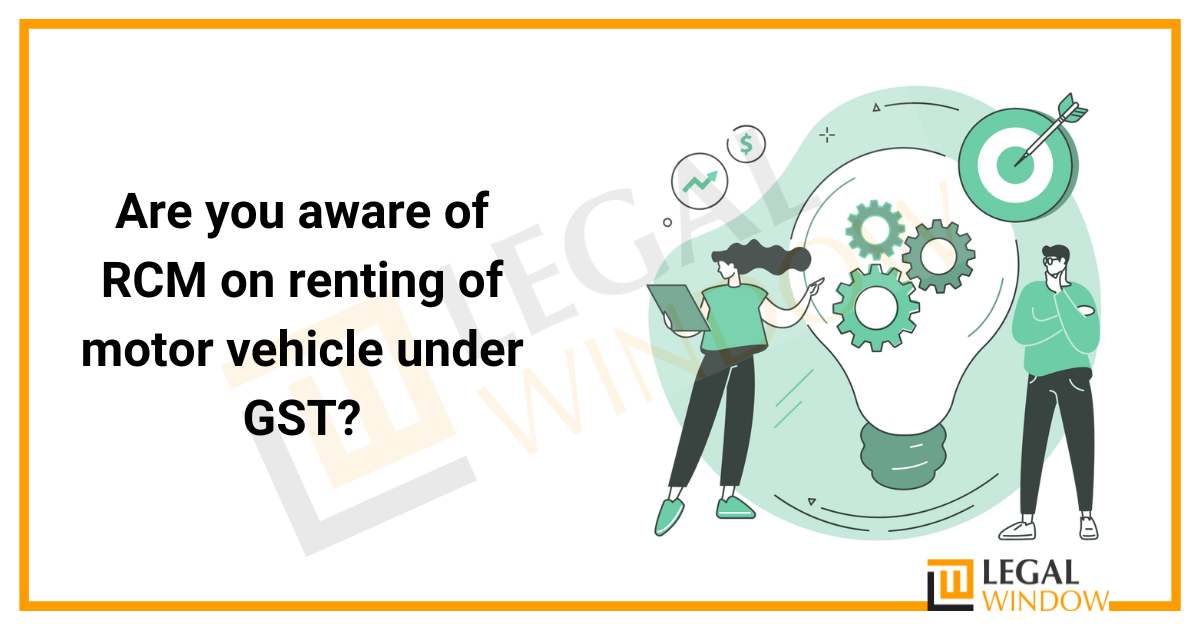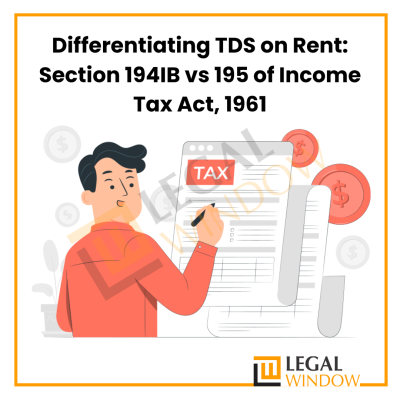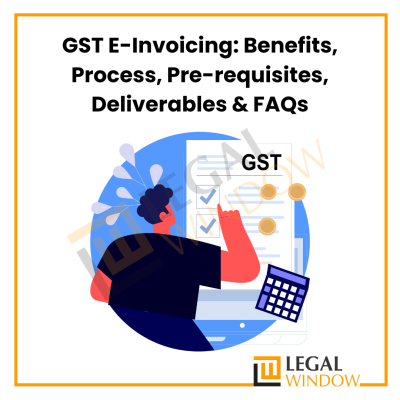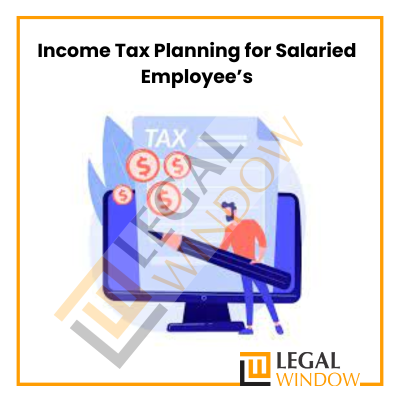 “Your ride will be arriving shortly!” Nowadays even an ordinary person knows this and often uses a taxi service. In recent years, the rental of motor vehicle services (also known as the rent-a-cab service) has increased by leaps and bounds. Implications of indirect taxes on motor vehicle rental services have always been attractive because of their complicated reduction/exemption in the earlier law. So let us discuss Reverse Charge Mechanism (RCM) for Renting Vehicles Under GST.
“Your ride will be arriving shortly!” Nowadays even an ordinary person knows this and often uses a taxi service. In recent years, the rental of motor vehicle services (also known as the rent-a-cab service) has increased by leaps and bounds. Implications of indirect taxes on motor vehicle rental services have always been attractive because of their complicated reduction/exemption in the earlier law. So let us discuss Reverse Charge Mechanism (RCM) for Renting Vehicles Under GST.
What is Reverse Charge Mechanism?
RCM is a broad term that covers assessees covered by Section 9(3) of the Central Goods and Services Tax (CGST) Act, 2017. Generally, the supplier of products is liable to pay GST. However, in the RCM mechanism, the customer is liable to pay GST. RCM applies automatically in case of imports and purchases from unregistered sellers. It also applies to the list of goods and services established by the Ministry of Finance according to notification No. 13/2017-CT(R) dated June 28, 2017.
Introduction of RCM to rental vehicles
The applicability of RCM to vehicle rentals has helped small service providers improve liquidity by reducing their GST compliance. Payment of GST on advance fee was not possible as they received payment for their services after a few months.
At the 37th meeting of the GST Council, it was decided to include the offer of motor vehicle rental under the RCM for suppliers paying GST to legal entities at the rate of 5%. However, RCM was not used for suppliers paying GST at 12% with full ITC (Input Tax Credit) as it would block the ITC chain.
Hence, the government’s reverse charge mechanism has helped in faster tax collection and reduced payment and compliance for small service providers.
“Motor Vehicle” and “Rental of Motor Vehicle” under GST
The word motor vehicle or motor vehicle hire is not defined under the GST Act. But under the Motor Vehicles Act 1988, a motor vehicle means “any mechanically propelled vehicle used on roads, but does not include a vehicle running on fixed tracks or a special vehicle used in a factory or enclosed premises with less than four powered wheels.” volume not exceeding 25 cubic centimeters.”
Motor vehicle: Government vide notification on 31 December 2019 replaced the word motor vehicle with the word “motor vehicle intended for the transport of passengers”. Previously, the term “motor vehicle” applied to all types of motor vehicles. However, the revised notification is only intended to cover “passenger-carrying vehicles”.
Thus, as per the revised notification, the RCM applies only to passenger vehicles. RCM does not apply to the hiring of trucks, JCBs, cranes, etc.
Renting of a motor vehicle: Rent of a motor vehicle means the right to use the vehicle for a certain time. Here, the essence of the service is the rental of a motor vehicle and not the transportation of passengers.
Tax liability when renting motor vehicles
Under the RCM, the recipient of the service is liable to pay tax on the supply. The supplier of the goods is normally liable for GST, but under the RCM the tax liability is reversed.
Two GST rates apply to a rented motor vehicle:
- With full ITC – 12%
- With Limited ITC – 5%
Limited ITC means that input tax credit can only be claimed on output liability in the same line of business.
RCM applies to the hire of motor vehicles used for the carriage of passengers if the supplier meets the three conditions below:
- The supplier is not a legal entity.
- The service is provided to a legal entity.
- The supplier does not charge 12% GST on the invoice from the service recipient.
Persons liable for GST on the rental of motor vehicles
RCM was used for the rental of motor vehicles, see Notice No. 29/2019 of 31 December 2019. As interpreted from the notification and circular, we can say that the following persons are liable to pay GST on the rental of motor vehicles:
- When the supplier is a legal entity: The supplier is required to deduct GST.
- When the supplier is other than a body corporate: The recipient is liable to pay GST only if he is a body corporate and has not received a GST invoice from his service provider charging GST at 12%, if the recipient is a body other than a body corporate then no GST is payable.
Conditions for applicability of RCM
Here are some conditions for the application of RCM-
- The assessee should not be a company or limited liability company (LLP).
- The assessee should be engaged in commercial services of supply of motor vehicles for hire
- The motor vehicle should be a commercial vehicle designed exclusively for the carriage of passengers. The assessee may deal in pick-up trucks or other types of multi-purpose vehicles (MUVs) where the vehicle can accommodate both goods and passengers. Therefore, RCM will not be available to the assessee if the vehicles fall under the MUV category.
- The cost of fuel should not be borne by the assessee (the cost of fuel should therefore be included in the rent).
- The service should be provided to a company or LLP
- Five percent GST should be charged on the service and the applicability of the five percent rate should be indicated on the invoice provided to the customer.
- An assessee should claim an input tax credit (ITC) only on invoices issued by assessees in the same line of business.
- An assessee should not claim ITC for invoices relating to a business that does not fall under Service Accounting Code (SAC) 9964.
- The service buyer should be located in India
- The invoice issued by the assessee should state that the rate of GST on the transaction is five percent.
Passenger Transport Service v. Rental Motor Vehicle
Passenger Carriage Service: This service comes under SAC 9964. Here the supply is the carriage of passengers and he pays consideration for his vehicle depending on the nature of the contract, travel time, and various other factors. Passengers have varying degrees of control over their transportation, such as destination selection, travel time, etc.
Rental Motor Vehicle: This service falls under SAC 9966. Here the passenger does not use transportation services. Enjoys the service of using a motor vehicle with or without a driver. Here, the consideration is paid for the rental of the cabin and not for transporting the vehicle.
Final words
So it can be said that with the introduction of the above amendment, the position of the earlier notification which provides for the applicability of GST under the reverse charge mechanism only for that category where GST @5% is charged by the non-corporate service provider to the recipient of corporate services is still applicable and such the legal position becomes clearer and without further ambiguity.
However, it may be noted that the amendment that the circular issued in this regard has attempted to clarify the position and states that the GST Council intends to include supplies made by suppliers paying GST @ 5% of a body corporate under services chargeable under Devolution responsibilities. This change was introduced to facilitate small and unorganized service providers and shift the burden to legal entities.
CA Pulkit Goyal, is a fellow member of the Institute of Chartered Accountants of India (ICAI) having 10 years of experience in the profession of Chartered Accountancy and thorough understanding of the corporate as well as non-corporate entities taxation system. His core area of practice is foreign company taxation which has given him an edge in analytical thinking & executing assignments with a unique perspective. He has worked as a consultant with professionally managed corporates. He has experience of writing in different areas and keep at pace with the latest changes and analyze the different implications of various provisions of the act.
Categories
- Agreement Drafting (23)
- Annual Compliance (11)
- Change in Business (36)
- Company Law (148)
- Compliance (90)
- Digital Banking (3)
- Drug License (3)
- FEMA (17)
- Finance Company (42)
- Foreign Taxation (6)
- FSSAI License/Registration (14)
- GST (120)
- Hallmark Registration (1)
- Income Tax (202)
- Latest News (34)
- Miscellaneous (165)
- NBFC Registration (8)
- NGO (14)
- SEBI Registration (6)
- Section 8 Company (7)
- Start and manage a business (21)
- Startup/ Registration (130)
- Trademark Registration/IPR (40)
Recent Posts
About us
LegalWindow.in is a professional technology driven platform of multidisciplined experts like CA/CS/Lawyers spanning with an aim to provide concrete solution to individuals, start-ups and other business organisation by maximising their growth at an affordable cost.









